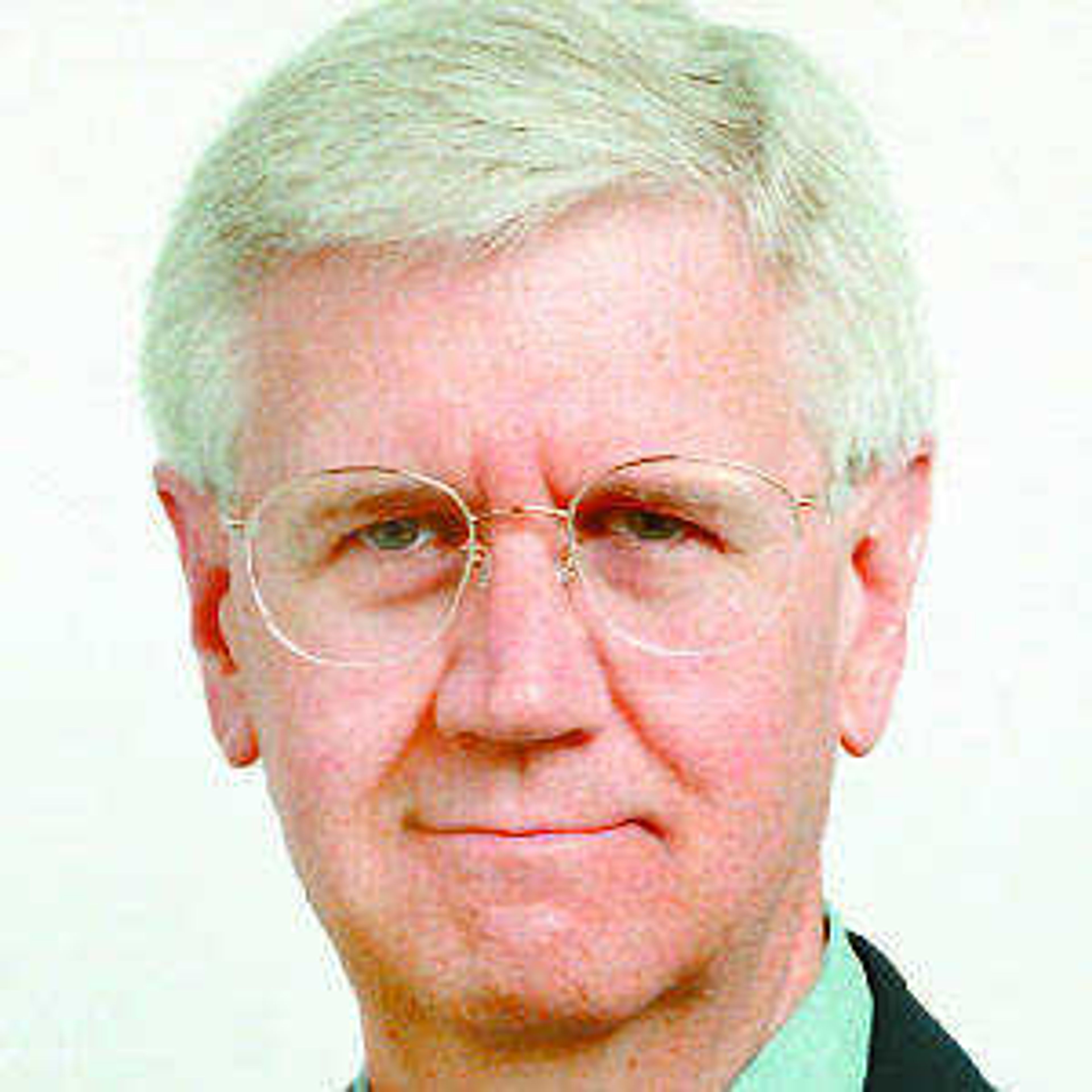After Benedict: Have you met Pope Michael I?
As could be expected, the resignation of Pope Benedict XVI as pontiff of the Roman Catholic Church has generated a lot of information, much of it useful, to those who care about the world's largest Christian branch. Considerable attention also has been given to trivial matters. Most every story or opinion piece I read refers to a supposed quandary of what Benedict will be called beginning March 1, when he officially becomes a former pope rather than a deceased pope...
As could be expected, the resignation of Pope Benedict XVI as pontiff of the Roman Catholic Church has generated a lot of information, much of it useful, to those who care about the world's largest Christian branch.
Considerable attention also has been given to trivial matters. Most every story or opinion piece I read refers to a supposed quandary of what Benedict will be called beginning March 1, when he officially becomes a former pope rather than a deceased pope.
The matter has been settled, as best I can tell. He will be the bishop emeritus of Rome. He became bishop of Rome when he was elected pope. His successor will be the new bishop of Rome.
Roman Catholics are accustomed to having retired bishops. They haven't had a retired pope for centuries, so all of this is interesting even if you're not Roman Catholic.
There are plenty of other examples of retired Roman Catholic prelates, and their status doesn't seem to cause confusion. Retired bishops are fairly commonplace. So why is a soon-to-be-retired pope so different?
Monasteries are led by abbots. The monastery I am most familiar with is Conception Abbey situated in the rolling farmland of northwestern Missouri near Maryville, where we lived for eight years.
The Benedictine monks at the abbey operate a good-sized printery that produces exquisite greeting cards. They also run a seminary college where mostly young men look for spiritual direction that often leads to the priesthood.
The abbey's monks also have made significant contributions to the church's English-language liturgy. Most recently the monks completed a new English translation of the Psalms that is authorized for use by Roman Catholic churches wherever the liturgy is in English.
As it happens, an abbot is chosen by the monks who will be under his leadership. Sometimes new abbots are elected to replace one who has been named a diocesan bishop, like Abbot Jerome Hanus, who is now an archbishop.
Or a new abbot might be elected when the current abbot is chosen as abbot primate of the Benedictine Federation, like Abbot Marcel Rooney, who took up his new lifetime post in Rome but resigned after a few years because of health issues -- just like Benedict. A tiny parish in Arkansas was shepherded by "Father Marcel" to most of his parishioners. A new abbot primate took the reins in Rome. There was no angst over this transition.
All of which is to say that, at any given time, there is a handful of monks at Conception Abbey who are "Abbot So-and-so," even though some of them are former abbots. No one is confused by this.
But one of the most interesting situations is the claim to the papacy by others. There are other branches of Christendom that are headed by popes. But even in the Roman Catholic tradition there are those who say they too are popes. There are groups in Africa and in Vietnam who say they have their own popes, for example.
My favorite, though, is a fellow in northeastern Kansas who says he is the true head of the Roman Catholic Church. Pope Michael I and his supporters maintain that recent bishops of Rome have been heretics and therefore have been automatically excommunicated. So a conclave of five lay persons met in 1990 and elected David Bawden as pope. The five electors included Bawden and his parents.
Pope Michael is a likable fellow, gracious to a fault. But his support has, over 20-some years, been drifting away. He says he has about 30 followers now.
Which may be why having another pope in northeastern Kansas isn't quite so problematic has having a bishop emeritus of Rome living at the Vatican just a short walk from St. Peter's.
Joe Sullivan is the retired editor of the Southeast Missourian.
Connect with the Southeast Missourian Newsroom:
For corrections to this story or other insights for the editor, click here. To submit a letter to the editor, click here. To learn about the Southeast Missourian’s AI Policy, click here.










